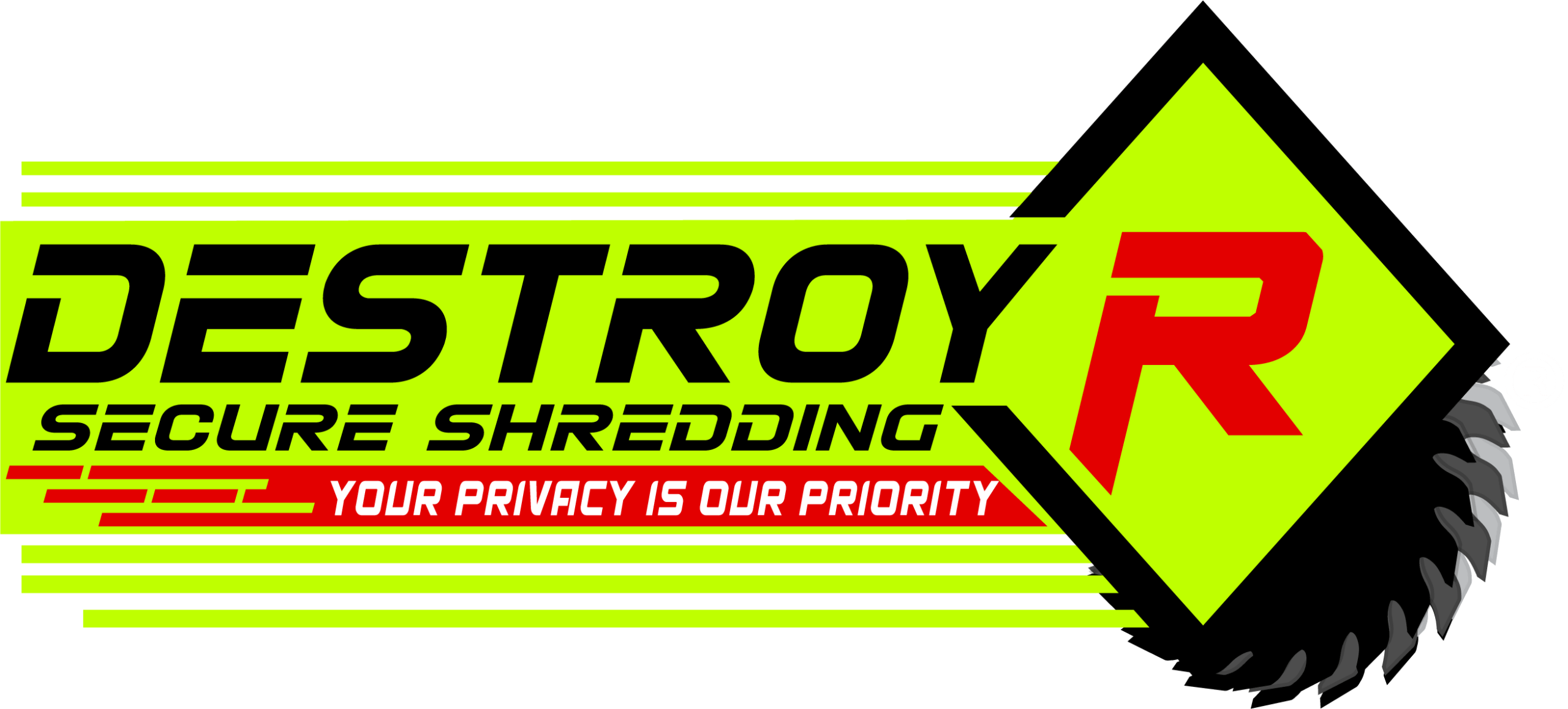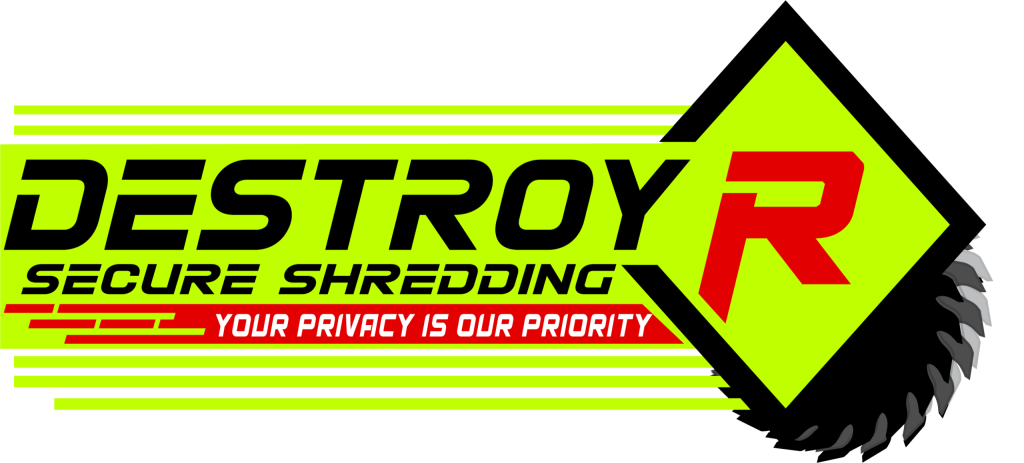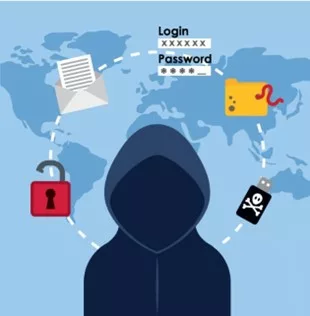Every type of business can be at risk for identity theft. Even if you operate a small business, it’s important to take precautions to protect your personal information. Business identity theft can occur when someone steals your business’s details and uses them for their own gain. As a sole proprietor or partner in a partnership, you could be at risk for business identity theft if you don’t take the right precautions. Thankfully, there are steps you can take to keep your personal information safe from potential thieves that may try to exploit it for their own gain. Here are seven ways that you can protect yourself from business identity theft and get it right every time.
Have Secure Filing Systems
Business identity theft often begins with a breach of your company’s records and documentation. If secure systems don’t exist, or aren’t followed, then it can be easy for employees and service providers to have access to confidential information. You may have heard the phrase, “loose lips sink ships,” and that holds true here. If you’re not careful about who has access to what information, it can lead to problems down the line. Be sure that you have a robust filing system in place that only allows those who need access to have it. This includes your employees, business partners, and any service providers who use your systems to store information.
Keep track of business banking activity
Another way that you can protect yourself from business identity theft is to keep an eye on the activity on your bank accounts. You can do this by regularly reviewing your bank statement to keep an eye on any unusual activity. You may also want to consider setting up text or email alerts for any unusual activity on your account. This way, if someone tries to withdraw funds or make a large deposit, you’ll be able to catch it as soon as it happens. If you notice any unusual activity on your account, report it to your bank and let them investigate. This will help ensure that the theft is stopped and that the funds are returned to your account.
Only give access to those that require it
As we mentioned before, make sure that only the employees and service providers who need access to certain information have access to it. If you give everyone access to everything, it’s easier for someone to steal your information if they want to use it maliciously. Make sure that you’re only allowing the people who need access to specific information and documents to have it. This will help protect your information from being compromised.
Use secure and strong passwords
Strong passwords are a must for any business or person who uses the internet. Make sure that you have a minimum of eight characters in your password and that it contains a combination of letters and numbers. You should also change your password on a regular basis to make it even more difficult for someone to get into your accounts or systems. If you have employees who use company systems, make sure that they are following these same guidelines for their passwords. You don’t want someone who has access to your information to have a weak password that could be easily broken by a hacker.
Beware of fake invoices
This one might come as a surprise, but you should also be wary of fake invoices if you’re in a business. With business identity theft on the rise, scammers are using this method more and more. Be sure that the bill you’re receiving is actually coming from your chosen vendor and not someone who is trying to steal your information. You can do this by verifying the contact information on the invoice and making sure that it matches the information you have on file for that vendor. If something doesn’t seem correct or you have any doubts about an invoice or bill, follow up with the vendor to make sure that it’s legitimate.
Protect your social media platforms
You may be tempted to use the same password for all of your online accounts. This is a bad idea, however, because if someone breaks into one of those accounts, they will have access to all of your other accounts as well. Be sure that you use a different password for each of your online accounts, including your social media platforms. You may even want to consider expanding that to include your email account as well. It’s also a good idea to enable two-factor authentication on any social media platforms where it’s available. This will help ensure that only you can access your account by requiring a code that is sent to your phone.
Properly shred any confidential paper documentation
Paper documentation is the first step towards identity theft. Make sure that you are shredding any paper documentation that has your personally identifiable information, such as your name, address, or social security number. This includes things like receipts, contracts, and even old credit card statements. You can find a proper, commercial-grade shredder online or at any office supply store. These are some of the most common ways that you can protect yourself from business identity theft. Follow these seven tips, and you will greatly reduce your risk of being a victim of this growing crime.







